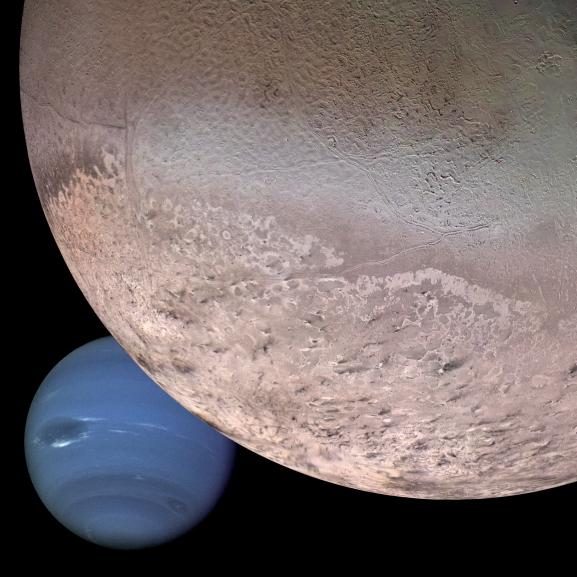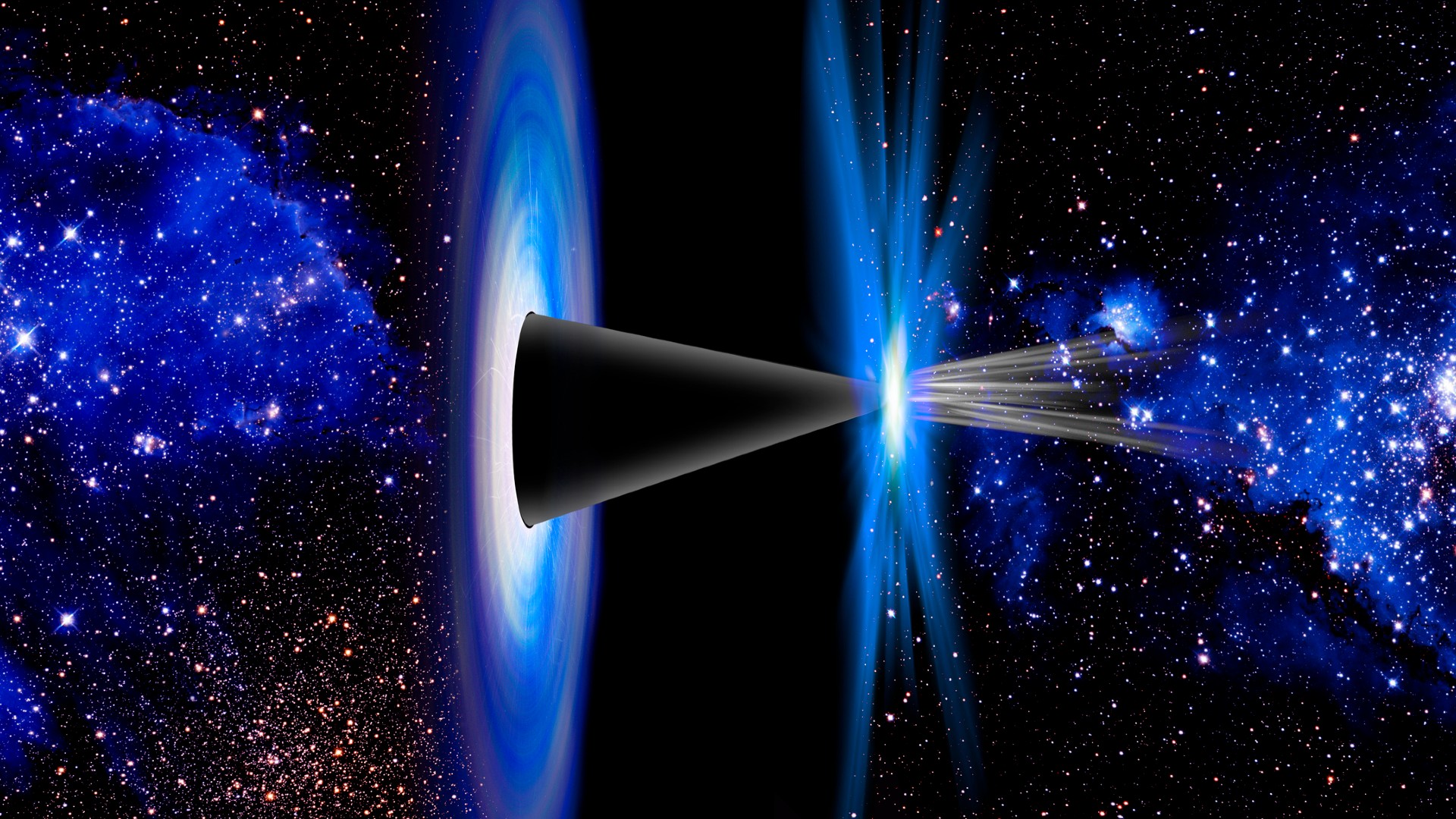Scientists Home in on the Best 'Water Worlds' to Search for Alien Life

As far as we know, all life requires one thing, water, and that's why scientists are fascinated by worlds they know or suspect host giant oceans: These worlds are among the best candidates for finding life beyond Earth.
And in a new report, a team of scientists summarizes what we know about each of these potential "water parks" and our long-term options for furthering that knowledge with progressively more ambitious missions. The report is on behalf of the Roadmaps to Ocean Worlds group of NASA's Outer Planets Assessment Group, designed to inform a congressionally mandated research portfolio within the agency.
The authors conclude that our best evidence for an extraterrestrial ocean that could potentially host life comes from Enceladus, an icy moon of Saturn. NASA's Cassini mission, which ended last fall, beamed back convincing evidence for a global ocean of liquid water with an energy source that could potentially fuel life. [6 Most Likely Places for Alien Life in the Solar System]
Other promising candidates are Jupiter's moon Europa and Saturn's moon Titan, which each check a few boxes already. But even these worlds still pose very real puzzles to scientists, including whether their oceans would be at all habitable.
And there are some enigmatic worlds where scientists aren't even sure yet if water is on tap. When it comes to destinations like Triton, Ceres and Pluto, scientists have only tantalizing hints that they could be wet.
So in addition to collating the evidence to date for each potential ocean world, the team behind the new report also suggested further steps for exploring each of these intriguing worlds. In the most promising cases, that means sketching out what decades' worth of missions could look like. For Enceladus, for example, the report lists five potential mission designs of increasing complexity: plume flyby, plume flyby with sample return, lander, crawler and submarine. (Currently, NASA and other space agencies don't have any concrete plans to return to Enceladus.)
But the team of scientists was also careful to express support for studying the whole range of potentially watery worlds, even those about which scientists are currently less sure. After all, we don't have any sign that those worlds are fruitless places to look — we just have much less information about them so far.
Breaking space news, the latest updates on rocket launches, skywatching events and more!
And there's one other planetary body that the scientists want us to study: Earth. That's because while our ocean is unlike any other that we think may exist in our solar system, it will always be the easiest one for us to study.
Email Meghan Bartels at mbartels@space.com or follow her @meghanbartels. Follow us @Spacedotcom and Facebook. Original article on Space.com.
Join our Space Forums to keep talking space on the latest missions, night sky and more! And if you have a news tip, correction or comment, let us know at: community@space.com.

Meghan is a senior writer at Space.com and has more than five years' experience as a science journalist based in New York City. She joined Space.com in July 2018, with previous writing published in outlets including Newsweek and Audubon. Meghan earned an MA in science journalism from New York University and a BA in classics from Georgetown University, and in her free time she enjoys reading and visiting museums. Follow her on Twitter at @meghanbartels.
